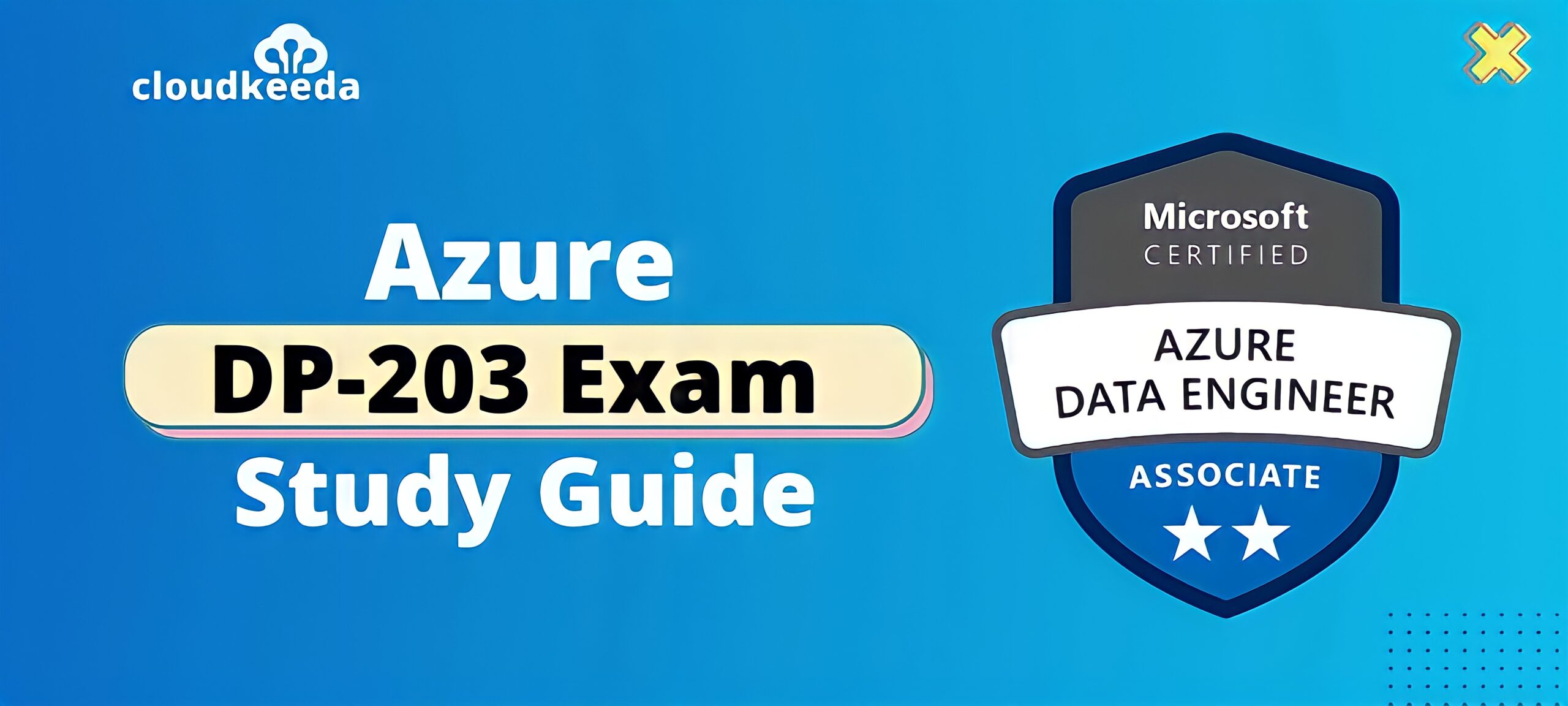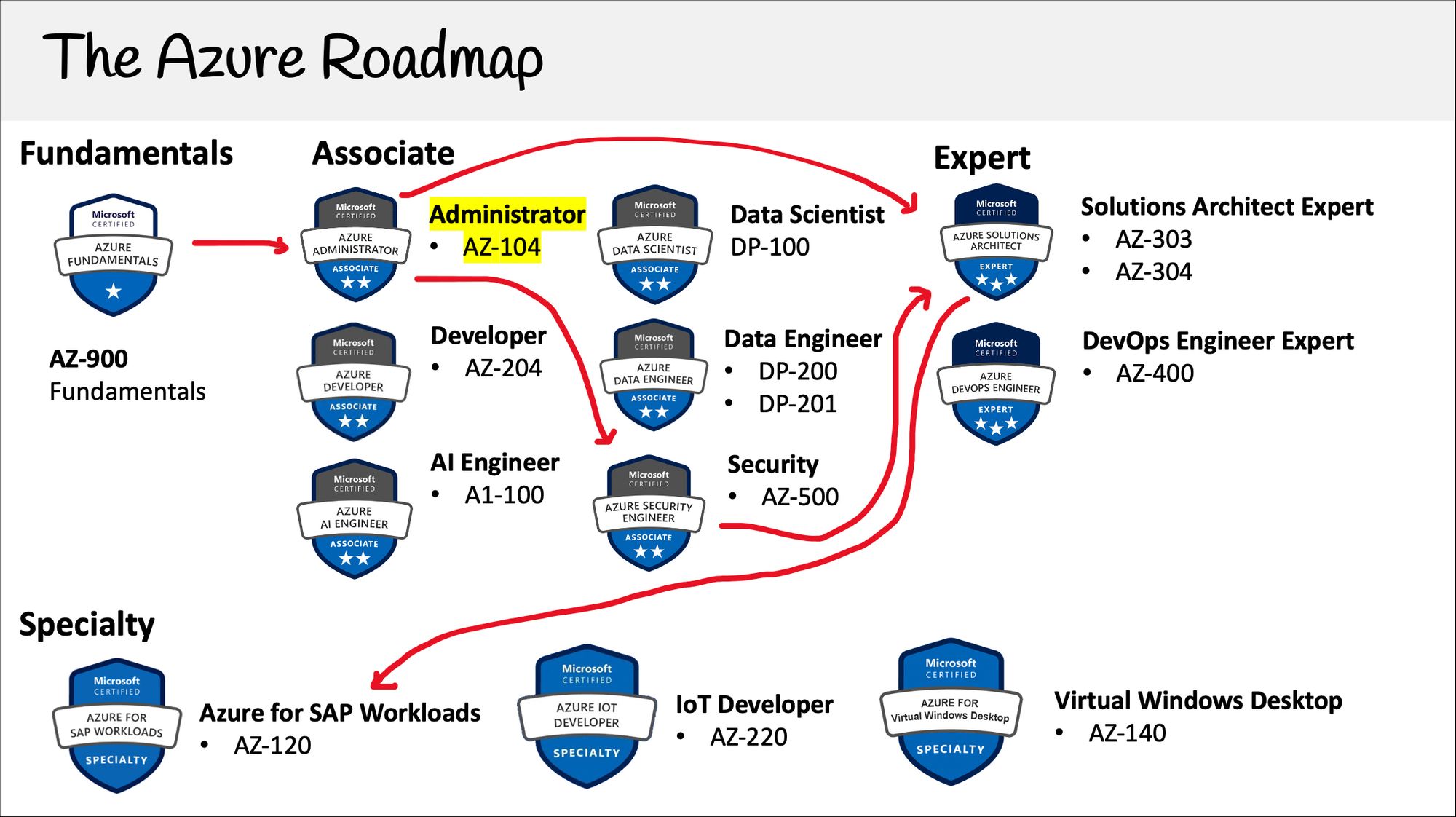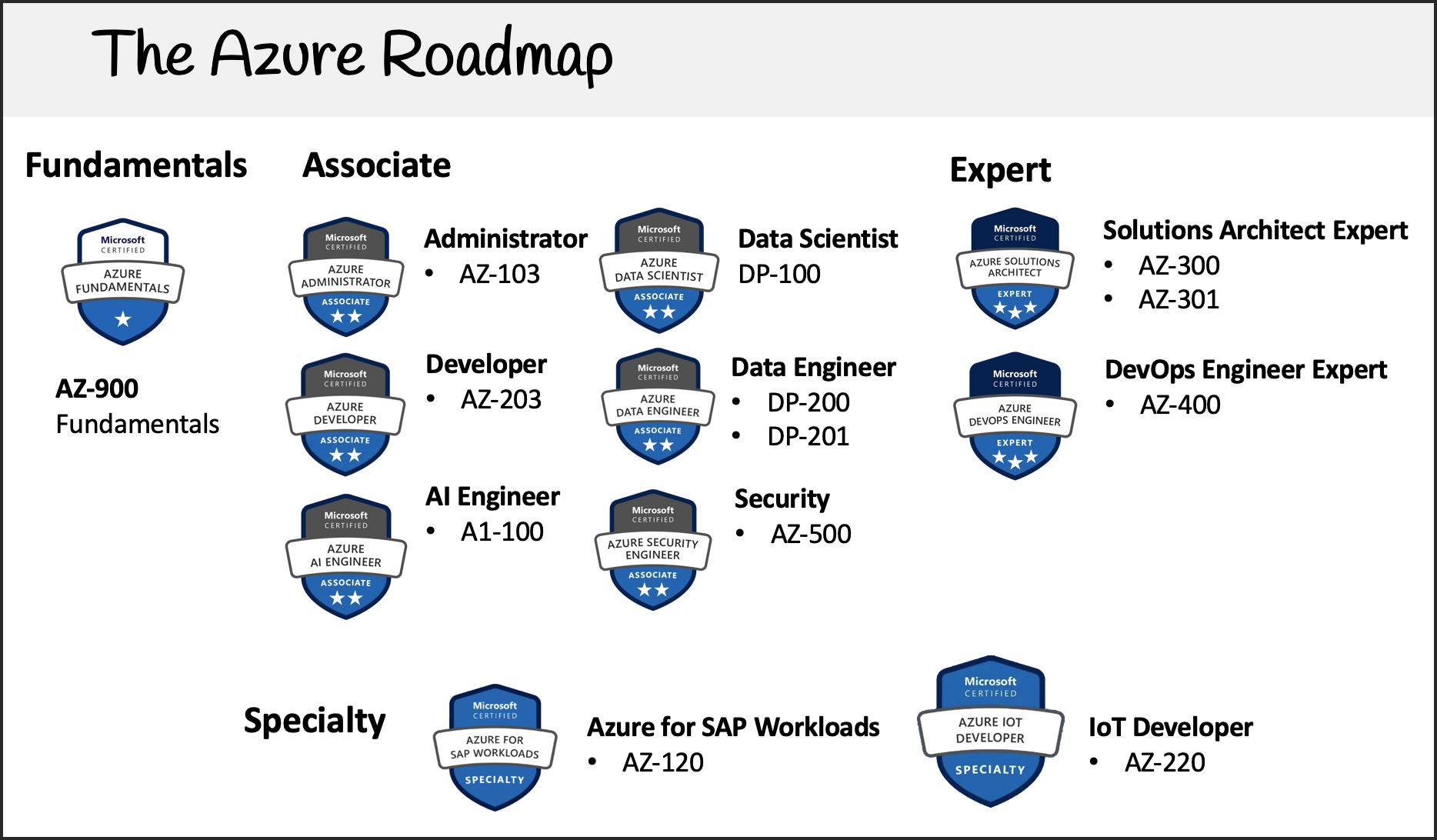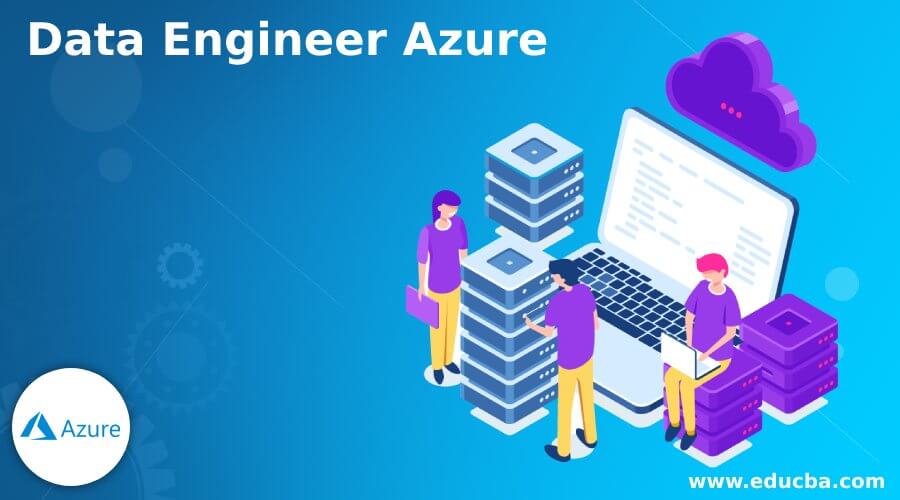What is Azure Data Engineer Certification and Why is it Important?
The Azure Data Engineer certification is a recognition of an individual’s expertise in designing and implementing data solutions using Microsoft Azure. This certification is essential for professionals who work with Azure data engineering tools and services, as it validates their skills and knowledge in this area. Obtaining the Azure Data Engineer certification can open up new career opportunities, increase earning potential, and demonstrate a commitment to staying up-to-date with the latest technologies and best practices in data engineering.
The Azure Data Engineer certification is part of the larger Microsoft Certified: Azure Data Engineer Associate certification, which encompasses the skills and knowledge required to design and implement end-to-end data solutions on Azure. The certification is aligned with the Microsoft Azure Well-Architected Framework, which provides guidance on how to build secure, high-performing, resilient, and efficient cloud solutions.
In addition to validating an individual’s skills and knowledge, the Azure Data Engineer certification can also benefit organizations. By having certified data engineers on staff, organizations can ensure that their data solutions are designed and implemented using best practices, which can lead to improved efficiency, scalability, and reliability. Furthermore, having certified data engineers can help organizations attract and retain top talent, as well as demonstrate their commitment to innovation and excellence in data engineering.
Understanding the Azure Data Engineer Certification Roadmap
The Azure Data Engineer certification roadmap is a comprehensive guide that outlines the skills and knowledge required to become a certified Azure Data Engineer. The roadmap includes a variety of components, such as required skills, exams, and training materials, that candidates must master in order to earn the certification.
The roadmap is divided into several key areas, including data storage, data processing, data security, and data governance. Within each area, candidates will find a list of specific skills and knowledge that they need to acquire. For example, in the data storage area, candidates will need to understand how to design and implement Azure data storage solutions using services such as Azure SQL Database, Azure Cosmos DB, and Azure Data Lake Storage.
To become certified, candidates must pass the Microsoft Azure Data Engineer Associate (DA-100) exam. This exam covers a wide range of topics related to Azure data engineering, including designing and implementing data storage solutions, designing and implementing data processing solutions, and monitoring and optimizing Azure data storage and processing solutions. The exam consists of multiple-choice questions and takes approximately three hours to complete.
In addition to the DA-100 exam, candidates can also benefit from a variety of training materials and resources, such as self-paced training, instructor-led training, and practice exams. These resources can help candidates gain the skills and knowledge they need to succeed on the exam and in their careers as Azure Data Engineers.
By following the Azure Data Engineer certification roadmap, candidates can demonstrate their expertise in Azure data engineering and position themselves for success in this growing field. With the right skills, knowledge, and certification, Azure Data Engineers can help organizations unlock the full potential of their data and drive business success.
Exam Overview: Microsoft Azure Data Engineer Associate (DA-100)
The Microsoft Azure Data Engineer Associate (DA-100) exam is a key component of the Azure Data Engineer certification roadmap. This exam is designed to test candidates’ skills and knowledge in designing and implementing Azure data engineering solutions. To succeed on the exam, candidates must have a deep understanding of Azure data engineering tools and services, as well as the ability to apply this knowledge in real-world scenarios.
The DA-100 exam consists of multiple-choice questions and simulations that cover a wide range of topics related to Azure data engineering. These topics include designing and implementing data storage solutions, designing and implementing data processing solutions, and monitoring and optimizing Azure data storage and processing solutions. Candidates will also be tested on their ability to secure and govern Azure data solutions, as well as their understanding of Azure data integration and Azure data science.
The exam takes approximately three hours to complete and is delivered through the Pearson VUE testing center network. To register for the exam, candidates must have a valid Microsoft account and must pay a fee. Once the exam is complete, candidates will receive their scores immediately, and they will be able to view their performance on each section of the exam.
To prepare for the DA-100 exam, candidates should have a strong understanding of Azure data engineering tools and services, as well as experience designing and implementing Azure data solutions. Candidates can also benefit from a variety of training resources, such as self-paced training, instructor-led training, and practice exams. These resources can help candidates gain the skills and knowledge they need to succeed on the exam and in their careers as Azure Data Engineers.
By passing the DA-100 exam, candidates can demonstrate their expertise in Azure data engineering and position themselves for success in this growing field. With the right skills, knowledge, and certification, Azure Data Engineers can help organizations unlock the full potential of their data and drive business success.
Preparing for the Azure Data Engineer Certification: Recommended Training Paths
To prepare for the Azure Data Engineer certification, candidates have a variety of training paths to choose from, including self-paced training, instructor-led training, and practice exams. These training resources can help candidates gain the skills and knowledge they need to succeed on the exam and in their careers as Azure Data Engineers.
Self-paced training is a flexible and convenient way for candidates to prepare for the Azure Data Engineer certification. With self-paced training, candidates can learn at their own pace, on their own schedule, and from the comfort of their own home or office. Self-paced training resources include online courses, video tutorials, and interactive labs that cover a wide range of topics related to Azure data engineering.
Instructor-led training is another option for candidates who prefer a more structured learning environment. With instructor-led training, candidates can learn from experienced Azure data engineering professionals who can provide guidance, feedback, and support throughout the learning process. Instructor-led training resources include classroom training, online workshops, and virtual instructor-led training.
Practice exams are also an important part of preparing for the Azure Data Engineer certification. Practice exams can help candidates assess their readiness for the exam, identify areas where they need to improve, and build confidence and exam-taking skills. Practice exams are available from a variety of sources, including Microsoft, third-party training providers, and online exam preparation websites.
In addition to these training resources, candidates should also consider attending webinars, participating in user groups, and earning continuing education units (CEUs) to keep their skills up-to-date and maintain their certification. By taking advantage of these training paths and resources, candidates can increase their chances of success on the Azure Data Engineer certification exam and advance their careers in Azure data engineering.
Hands-On Labs: Practical Experience with Azure Data Engineering Tools
Hands-on experience with Azure data engineering tools and services is crucial for candidates preparing for the Azure Data Engineer certification. Hands-on labs and projects provide an opportunity for candidates to gain practical experience with Azure data engineering tools and services, and to apply the skills and knowledge they have learned in a real-world setting.
Hands-on labs are a great way for candidates to get started with Azure data engineering tools and services. Hands-on labs provide step-by-step instructions for completing specific tasks or projects using Azure data engineering tools and services. Candidates can follow along with the instructions, perform the tasks themselves, and see the results in real-time. Hands-on labs are available for a wide range of Azure data engineering tools and services, including Azure Data Factory, Azure Databricks, Azure Synapse Analytics, and Azure Stream Analytics.
Projects are another way for candidates to gain hands-on experience with Azure data engineering tools and services. Projects provide an opportunity for candidates to apply their skills and knowledge to a real-world scenario, and to demonstrate their ability to design, implement, and manage Azure data engineering solutions. Projects can be completed individually or in teams, and can range from simple proof-of-concept projects to complex, enterprise-level solutions.
To get started with hands-on labs and projects, candidates can visit the Azure documentation website, which provides a wide range of resources for learning Azure data engineering tools and services. The Azure documentation website includes step-by-step tutorials, sample projects, and other resources that can help candidates gain the hands-on experience they need to succeed on the Azure Data Engineer certification exam.
In addition to hands-on labs and projects, candidates can also benefit from real-world experience with Azure data engineering tools and services. Real-world experience provides an opportunity for candidates to apply their skills and knowledge in a production environment, and to gain a deeper understanding of the challenges and opportunities of working with Azure data engineering tools and services in a real-world setting.
By gaining hands-on experience with Azure data engineering tools and services, candidates can increase their chances of success on the Azure Data Engineer certification exam and advance their careers in Azure data engineering.
Maximizing Your Study Time: Tips and Best Practices
Studying for the Azure Data Engineer certification can be a challenging and time-consuming process. However, by following a few tips and best practices, candidates can maximize their study time and improve their chances of success on the exam.
Creating a study schedule is one of the most important things candidates can do to maximize their study time. A study schedule provides structure and direction, and helps candidates stay on track and focused on their goals. Candidates should set aside dedicated time each week for studying, and should plan their study schedule around their other commitments and responsibilities. A study schedule should include time for learning new concepts, reviewing material, and practicing skills.
Focusing on key topics is another important tip for maximizing study time. The Azure Data Engineer certification exam covers a wide range of topics, and candidates should focus their studies on the topics that are most relevant to their career goals and areas of interest. Candidates should review the exam blueprint and the list of key topics covered on the exam, and should prioritize their studies accordingly. Candidates should also focus on the topics that they find most challenging, and should allocate more time to studying these topics.
Using practice exams is another best practice for maximizing study time. Practice exams provide an opportunity for candidates to assess their readiness for the exam, identify areas where they need to improve, and build confidence and exam-taking skills. Practice exams are available from a variety of sources, including Microsoft, third-party training providers, and online exam preparation websites. Candidates should aim to complete at least one practice exam before the actual exam, and should review their results and identify areas where they need to improve.
In addition to these tips and best practices, candidates should also consider the following recommendations for maximizing study time:
- Create a quiet and distraction-free study environment
- Take breaks and avoid cramming
- Review and practice key concepts regularly
- Join a study group or find a study partner
- Ask for help and seek feedback when needed
By following these tips and best practices, candidates can maximize their study time, improve their exam performance, and increase their chances of success on the Azure Data Engineer certification exam.
Maintaining Your Azure Data Engineer Certification: Keeping Your Skills Up-to-Date
Obtaining the Azure Data Engineer certification is an important milestone for professionals working with Azure data engineering tools and services. However, maintaining the certification is equally important, as it ensures that professionals stay up-to-date with the latest tools, technologies, and best practices in Azure data engineering.
The Azure Data Engineer certification is valid for one year from the date of passing the exam. To maintain the certification, professionals must earn continuing education units (CEUs) by completing relevant training, attending webinars, or participating in user groups. CEUs can be earned through a variety of sources, including Microsoft, third-party training providers, and online learning platforms.
Attending webinars is one of the best ways to maintain the Azure Data Engineer certification. Webinars provide an opportunity for professionals to learn about the latest tools, technologies, and best practices in Azure data engineering from experts in the field. Webinars are typically free to attend, and can be accessed from anywhere with an internet connection. Professionals can earn CEUs by attending live webinars, or by watching recorded webinars at a later time.
Participating in user groups is another way to maintain the Azure Data Engineer certification. User groups provide an opportunity for professionals to connect with other Azure data engineering professionals, share knowledge and experiences, and learn about the latest tools and technologies. User groups are typically free to join, and meet regularly in person or online. Professionals can earn CEUs by attending user group meetings, presenting at user group meetings, or by leading user group activities.
Earning continuing education units (CEUs) is the key to maintaining the Azure Data Engineer certification. Professionals should aim to earn at least 18 CEUs per year to maintain their certification. CEUs can be earned through a variety of sources, including self-paced training, instructor-led training, and practice exams. Professionals should choose training and learning activities that are relevant to their career goals and areas of interest, and should focus on the topics that they find most challenging.
In addition to attending webinars, participating in user groups, and earning CEUs, professionals should also consider the following recommendations for maintaining their Azure Data Engineer certification:
- Review and practice key concepts regularly
- Stay up-to-date with the latest Azure data engineering tools and services
- Participate in online forums and communities
- Collaborate with other Azure data engineering professionals
- Share knowledge and experiences with others
By following these tips and best practices, professionals can maintain their Azure Data Engineer certification, stay up-to-date with the latest tools and technologies, and advance their careers in Azure data engineering.
Conclusion: Achieving Success with the Azure Data Engineer Certification
The Azure Data Engineer certification is a valuable credential for professionals working with Azure data engineering tools and services. The certification demonstrates a deep understanding of Azure data engineering concepts, skills, and best practices, and is recognized by employers around the world. By obtaining the Azure Data Engineer certification, professionals can advance their careers, increase their earning potential, and contribute to the success of their organizations.
The Azure Data Engineer certification roadmap provides a clear and structured path for candidates to follow on their journey to certification. The roadmap includes the required skills, exams, and training materials, and provides a comprehensive guide to preparing for the certification exam. By following the roadmap, candidates can ensure that they have the necessary knowledge and skills to succeed on the exam, and can increase their chances of passing on the first attempt.
Preparing for the Azure Data Engineer certification requires a significant investment of time, effort, and resources. However, by following the recommended training paths, gaining hands-on experience with Azure data engineering tools and services, and maximizing study time, candidates can improve their chances of success on the exam. Attending webinars, participating in user groups, and earning continuing education units (CEUs) are also important for maintaining the certification and keeping skills up-to-date.
In conclusion, the Azure Data Engineer certification is an important milestone for professionals working with Azure data engineering tools and services. By following the Azure Data Engineer certification roadmap, candidates can ensure that they have the necessary knowledge and skills to succeed on the exam, and can take the first step towards achieving success in their data engineering careers. With the right approach, dedication, and resources, candidates can achieve their goals and become certified Azure Data Engineers.






